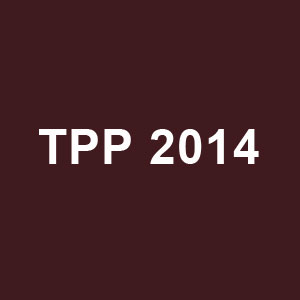Philosophy and Aesthetics in Nigerian Drama: the Hagherian Experience
Dramatists the world over have at different times attempted to seek deeper understanding of their respective societies using dramatic techniques that are unique to them as individuals with varying ideologies. In Nigeria, individual dramatists or playwrights, while grappling with the task of interpreting their society, have come up with multidimensional philosophies on how best to approach this task. This paper thus looks at the basic issues of philosophical inclination in Nigerian drama with a particular focus on Iyorwuese Hagher, one of Nigeria’s foremost dramatists. The paper is of the view that, as varied as there are dramatists, so are there philosophies. These philosophies rely on certain aesthetics in advancing a worldview as well as articulating a people’s total life style. In this paper, attempt is also made at exploring Hagher’s use of philosophy in the dramatic text where he engages and identifies with the polemics of his society. The paper concludes that like Aristotle and Plato, there is the need to study dramatists with new perspectives and visions so as to accommodate the ever expanding horizons of theory and performance studies.
Gowon Ama Doki holds a PhD in Theatre Arts with a bias in Theatre Semiotics from the University of Abuja. He is currently an associate Professor and Head of the Department of Theatre Arts at the Benue State University, Makurdi-Nigeria. He is also the Deputy Dean Faculty of Arts at the same University. His main research interests include: traditional theatre studies, semiotics, and development communication, as well as theory and criticism. His book, Traditional Theatre in Perspective: Signs and Signification in Igbe, Igirinya and Kwagh-hir, remains a major contribution to literature on indigenous theatre in Nigeria. He has been Editor of the Makurdi Journal of Arts and Culture (MAJAC) since 2006.

